As the call for racial justice for our Black siblings echoes throughout the country, it has not only hit large cities, but also small communities. Local ministry leaders are calling out racism and white supremacy within their own contexts.
Jeff Moles, a Christian educator in Owensboro, Kentucky, recently submitted this piece to the Messenger-Inquirer newspaper of Owensboro, Kentucky, in response to the community’s debate about a Confederate statue on the lawn of the Daviess County Courthouse lawn. It has, thus far, not been published by the paper.
__________________
The office of Marcus Bosley is between my home and work. I have seen the invitation on a sign outside to come in, read the Bible, and pray. I take this to be a public declaration that the owner of this land and building, Mr. Bosley, is a committed Christian.
I am also a committed Christian. When I became an elder in the Presbyterian Church, I took a vow to seek to follow Jesus, love my neighbors, and work for the reconciliation of the world. Thus, it is my obligation to speak out after reading Mr. Bosley’s editorial from last month, “To Our Confederate Heroes,” and after learning in the last few weeks about his offer to display the Confederate statue on his private property, located at a very visible place in the city. Through the spiritual practices Mr. Bosley invites on his sign, reading the Bible and praying, my life has been changed.
Through reading the Bible, I have come to understand the fundamental truth that each person bears the image of God. I have read the story of the liberation of God’s people from the evil of slavery and oppression. I have read the prophets who gave us a searing reminder that our rituals and piety are worthless without doing justice. The Bible introduces us to Jesus, whose ministry was about healing the sick, finding abundance where there didn’t seem to be enough, overturning society’s expectations, and radical love for our neighbor. The social order he proclaimed was such a threat to the powerful people of his day that he was executed by the state. The Bible has taught me that God is always ready to overcome death with the power of life.
Through the discipline and practice of prayer, I have learned that God is bigger than our imagining. God is bigger than my own desires, the interests of any one nation, or any set of religious beliefs. Prayer has reminded me that holy ground is all around us, and standing on it requires us to pray not just with our words, but also with our hands and feet. Prayer is about action, about bringing my own life into conformity with God’s will–that it be done on earth as in heaven.
And so, because of my faith, formed through the practices of studying the Bible and prayer, I stand with others in calling for the immediate removal of the Confederate statue from our courthouse square. I object to plans that would move it to another visible place that would send a message to many in our community that their lives do not matter. I invite all of us to study and remember our history, acknowledging that so much of what we have was built on systems of domination and oppression, often with a litany of justification from those who considered themselves to be good Christian people. How will the people of Owensboro’s future look back at us? Perhaps, being people of faith, they will judge us as Jesus said he would, based on how we treated those who our society deemed the “least of these.”
Jeff Moles
Owensboro, KY
Editorial Note: As of this week, county leadership voted to remove the statue.
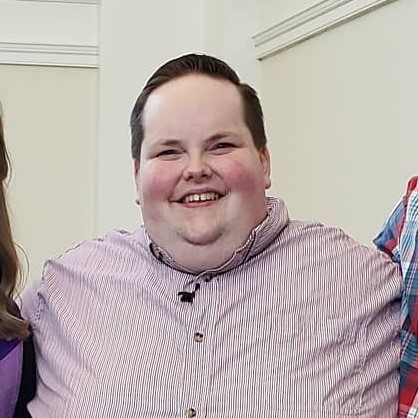
Jeff Moles is a ruling elder who serves as Director of Christian Education and Mission at First Presbyterian Church of Owensboro, Kentucky. An experienced church musician and leader, Jeff’s life was transformed when he was sent to serve among the homeless community in 2006 through the PCUSA’s Young Adult Volunteer program. That year of service led to 13 years of work providing opportunities and resources for Nashville’s faith communities, empowering them to love and serve their neighbors.


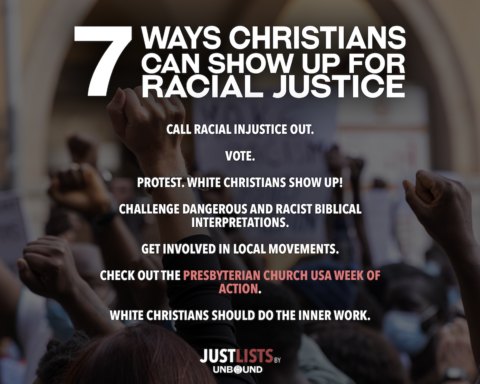
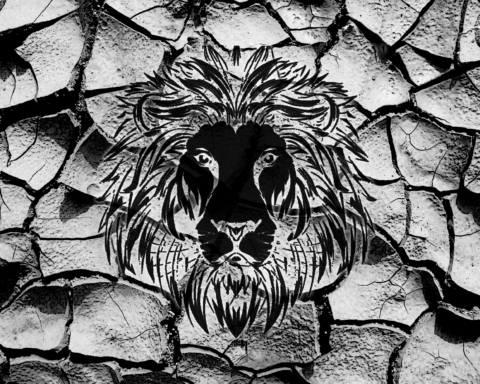
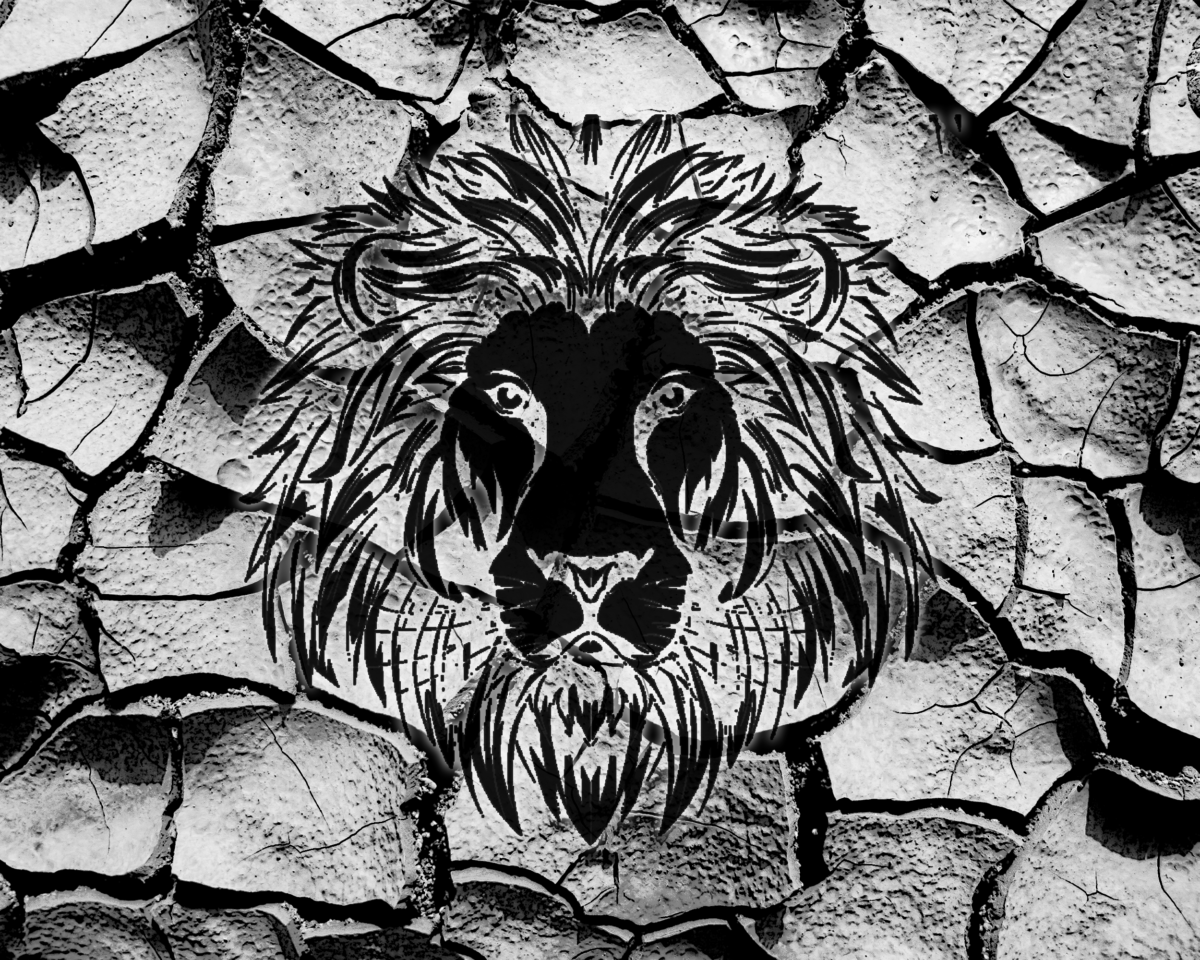
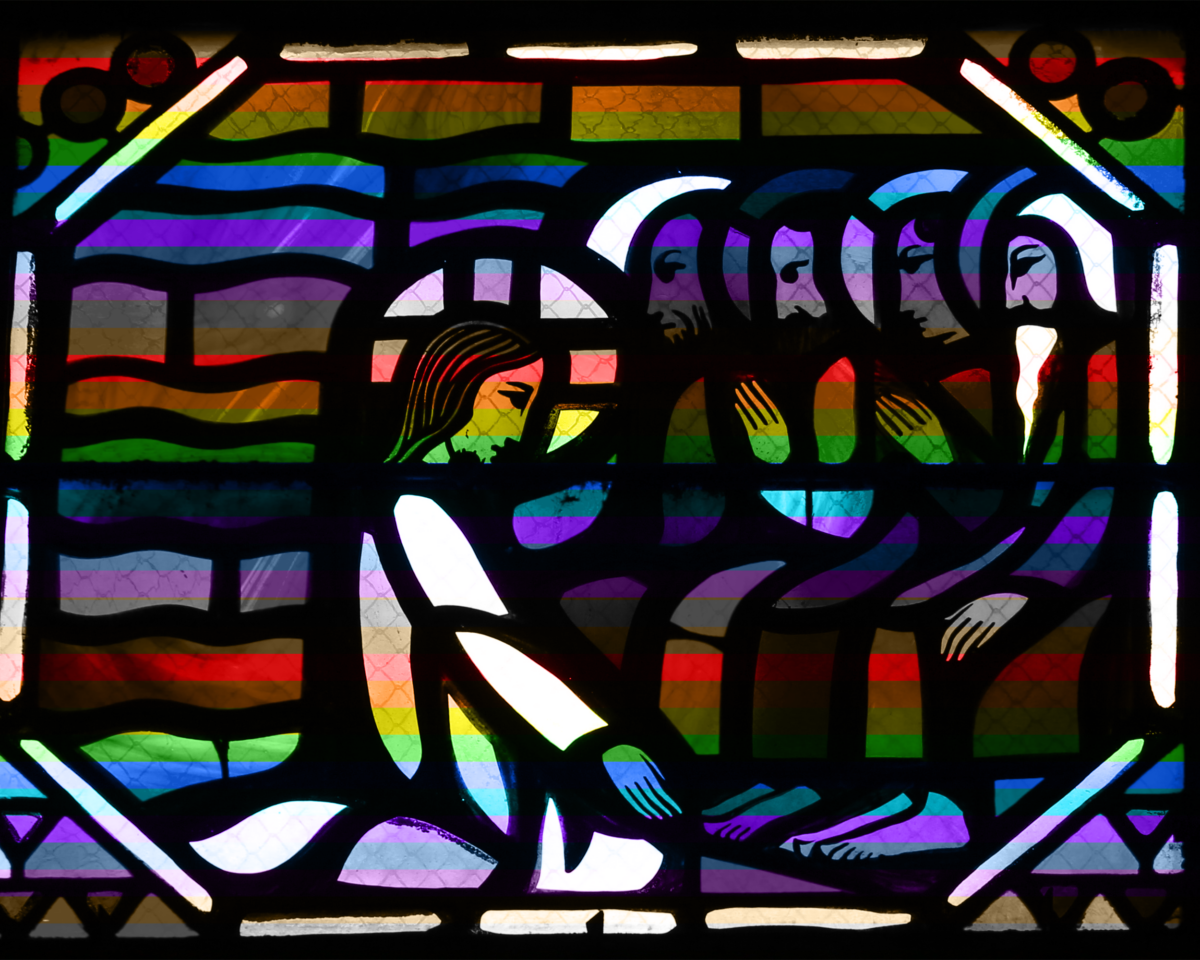
Unbound Social